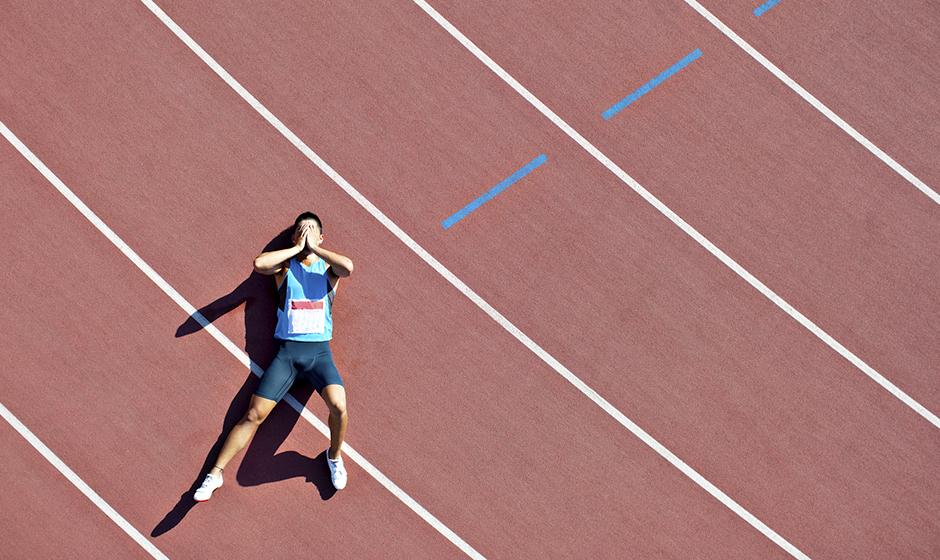
New insights shared by our research expert could enhance athletic performance and the lives of people suffering from chronic pain.
When Olympic gold medalist Usain Bolt dashed to the finish line, his muscles went through a grueling amount of stress. Certain physiological and psychological characteristics enable elite athletes like Bolt to endure the aches and pains associated with high-level sport. And, as Vancouver Coastal Health Research Institute scientist Dr. John Kramer explains, researchers believe these characteristics could also help with chronic pain management.
Q: What does it mean to be an elite athlete?
A: Elite athletes are individuals who have an enhanced ability to modulate the pain associated with exercise, which may give them an advantage when competing.
Q: Do elite athletes have a higher pain tolerance than the rest of us?
A: Research has shown that exercise can increase pain tolerance. In studies where athletes and non-athletes put their hands into really cold water, athletes seemed to be less sensitive to the extreme cold. Some research also connects this ability to physiological and psychological factors. For example, elite athletes may be an ultra-motivated group of people who are more likely to see everything as a competition, including cold stimulus research studies, prompting them to ignore pain in order to beat out the competition. However, the findings of one of our recent studies point to a need for more evidence to conclusively explain this phenomenon.
Q: How could studying elite athletes help people cope with chronic pain?
A: One theory about this relates to the body’s bi-directional pain response. Pain travels along your spine to your brain and then your brain sends signals back along the spine to turn it down or, in some cases, turn up the pain sensation to prevent further damage. Research has found that elite athletes seem better able to turn down their pain response either through willpower, distracting themselves and/or biological mechanisms, such as diffuse noxious inhibitory control—when the brain sends a command to reduce pain.
On the other hand, people with chronic pain are often unable to turn down their pain response. A better understanding of the mechanisms that underpin these two opposite sides of the pain tolerance spectrum could lead to new therapeutic approaches for managing chronic pain.
Q: What role could exercise conditioning play in managing chronic pain?
A: We believe that training builds elite athletes’ conditioned pain modulation, allowing them to slow down or reduce the intensity of pain even as the exercise intensity ramps up. Put another way, while many people might be at a 10 out of 10 in terms of pain after running intensely for 30 minutes, an elite athlete may not reach a 10 even after two hours of intense running. Conversely, people with chronic pain seem to become more sensitized to pain with time. The trick here is to develop a system to improve the conditioned pain modulation of individuals with chronic pain.
We are looking for pain modulation biomarkers among healthy individuals that could be used to create personalized behavioural modification and exercise plans to treat specific types of chronic pain.
Q: Could future research help make elite athletes even more successful, or the average person more pain-tolerant?
A: That is very possible. We believe that even a slightly greater ability to turn down or modulate the pain response could result in better performance. Naturally, these approaches could also be used by members of the general population to up their ante.



